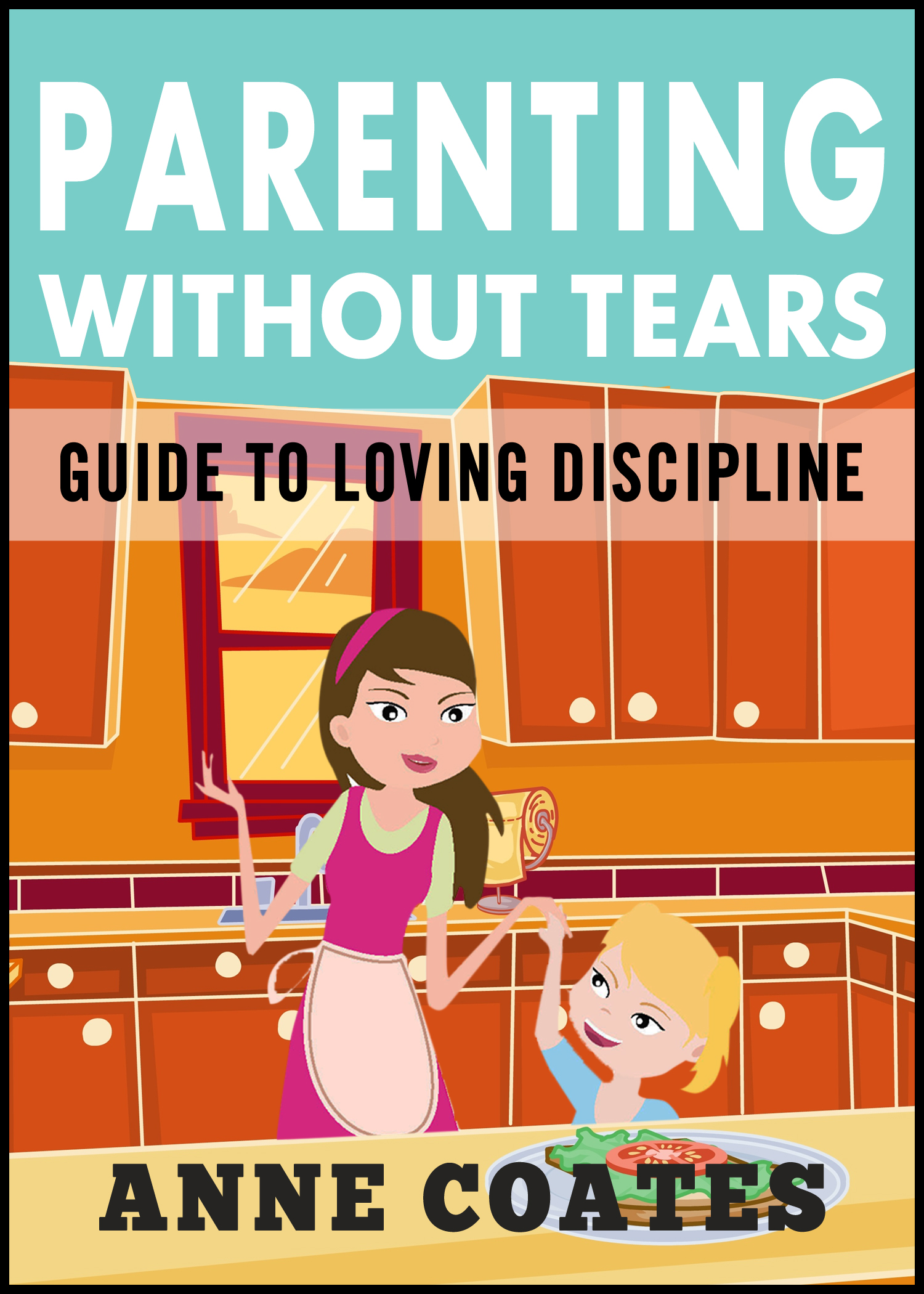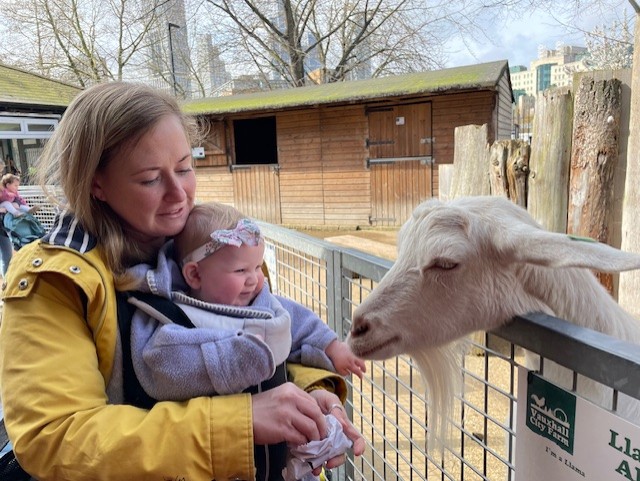 As parents we have two major functions to
As parents we have two major functions to
- ensure that children have a consistent, safe and secure environment in which they can learn reasonable rules and understand why they are important
- to nurture self-discipline or self-control.
Knowing what is the right thing to do doesn’t guarantee that a child will do it – for this they need self-discipline. Research shows that children who learn to resist temptation (self-discipline) do much better than their peer group when they become teenagers (and adults).
Self–discipline is crucial and lack of it can affect a child and adult’s life in many detrimental ways not least because self-discipline helps us develop qualities that help make us resilient and resilience helps us cope when things go wrong.
Raising resilient children means helping them to:
- communicate,
- be empathetic,
- feel accepted and appreciated,
- become problem-solvers and make decisions
- develop a social conscience.
Discipline and self-discipline is best understood as a teaching process but many parents with the best of intentions fail to nurture self-discipline in their children because they:
- react to situations as they happen rather than plan ahead
- are crisis orientated
- can be overly punititve
- act harshly often thinking that this is best for the child – if they were too soft the child would run rings around them
- belittle achievements
- are inconsistent in both their praise and criticism so that a child never knows how the parent is going to react or whether what they are doing is right or wrong.
Unfortunately sometimes parental bad behavior – shouting, screaming, hitting – exactly epitomises the very behaviour they wish to stop in their children. So if your children are behaving badly ask yourself whether they are actually mimicking you. You will have to modify your own behaviour to see an improvement in your children.
If you find yourself in this situation, take a step back and ask yourself: “Would I want anyone else to speak to my children (hit them/shout etc) the way I am now?” The answer is no, you would find it unacceptable. If you have problems managing your own anger, take steps to control your feelings. Take time out and walk away from a heated argument and never lash out physically. Violence only encourages violence. Hitting will not produce a disciplined child but will engender resentment and probably more bad behaviour.
This article was taken from Parenting Without Tears: Guide To Loving Disciplinean ebook published by Endeavour Press and available from Amazon.










